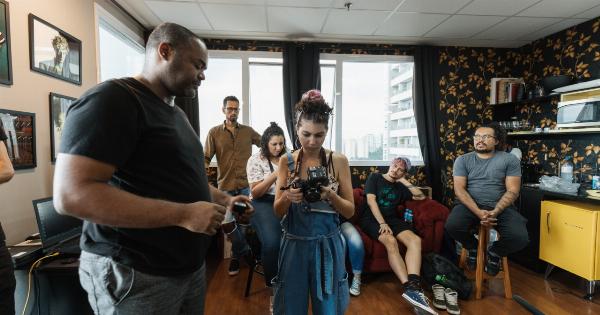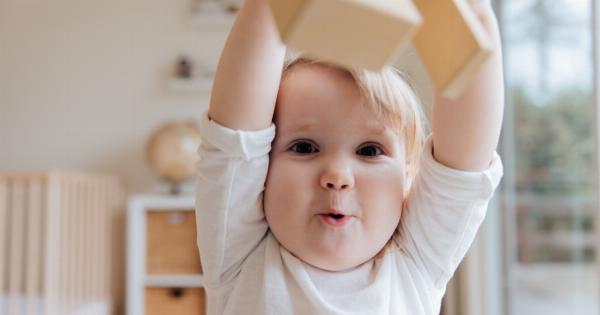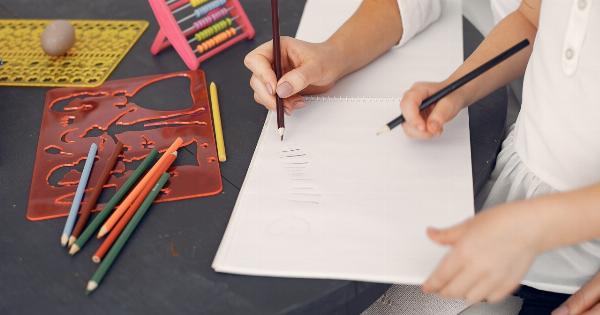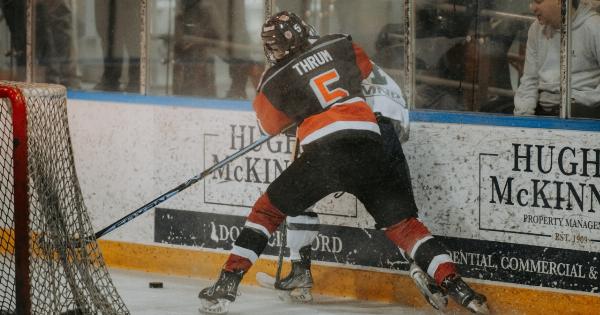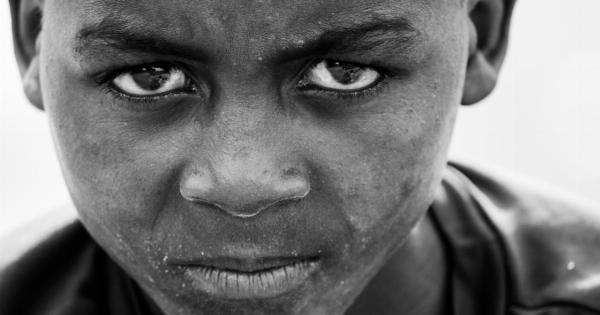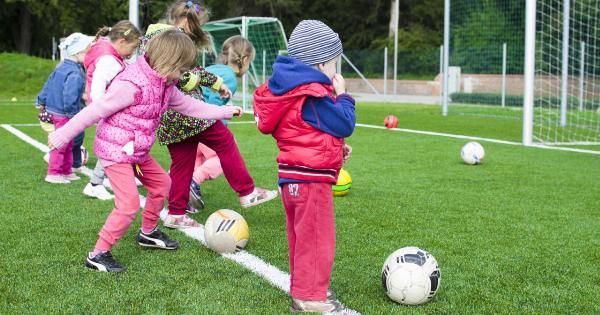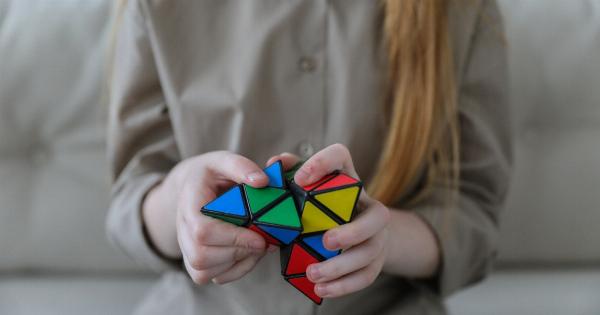Dyslexia is a common learning disorder, which affects one’s ability to read, write and spell. Children with dyslexia may have difficulty with phonemic awareness, decoding skills, and reading fluency.
This makes it harder for them to learn new things, and can impact their overall academic achievement. In this article, we will explore dyslexia, its symptoms, diagnosis, and how to support children with dyslexia to overcome academic challenges.
What Is Dyslexia?
Dyslexia is a type of learning disorder, which affects one’s ability to read, write, and spell. It is a neurological difference that is believed to be caused by the way the brain processes information.
Children with dyslexia experience difficulties with phonemic awareness, decoding skills, reading fluency, and comprehension. This makes it harder for them to learn new things and can have a significant impact on their academic achievement.
What Are The Symptoms Of Dyslexia?
Dyslexia can manifest in various ways, and the symptoms can differ from child to child. Some of the common symptoms of dyslexia are:.
- Difficulty with phonemic awareness
- Difficulty with decoding and word recognition
- Reading fluency
- Poor spelling skills
- Difficulty with handwriting and written expression
- Trouble with sequencing and organization
- Poor memory skills
How Is Dyslexia Diagnosed?
If your child is experiencing any of the symptoms of dyslexia, it is important to have them evaluated by a professional. A diagnosis of dyslexia is made by a qualified professional such as a psychologist or educational specialist.
The evaluation will typically include assessing cognitive abilities, reading skills, and language skills. When a diagnosis of dyslexia is made, it is essential to provide the child with appropriate support and accommodations.
How Can Dyslexia Impact A Child’s Education?
Dyslexia can have a significant impact on a child’s education. It can affect their ability to read, write, and spell, making it harder for them to learn new things and understand what they are being taught.
Children with dyslexia may also struggle to keep up with their peers, which can lead to feelings of frustration and low self-esteem. Dyslexia can also impact a child’s behavior in school as they may become disengaged and disinterested in learning.
How Can You Support Your Child With Dyslexia?
If your child has been diagnosed with dyslexia, there are several ways to support them to overcome academic challenges, including:.
- Providing access to assistive technology such as audiobooks and speech recognition software
- Using a multi-sensory approach to learning
- Providing extra time on tests and assignments
- Breaking tasks into smaller, more manageable steps
- Providing tutoring or additional academic support
- Advocating for your child’s needs with teachers and school administrators
What Are The Common Accommodations For Students With Dyslexia?
There are several accommodations that can help students with dyslexia succeed academically, such as:.
- Allowing extra time on tests and assignments
- Providing access to assistive technology such as audiobooks and speech-to-text software
- Breaking down assignments into smaller steps and providing clear instructions
- Providing visual aids and graphic organizers to help with organization and comprehension
- Providing a quiet space for testing and working
- Encouraging the use of a spell checker
How Can Teachers Support Students With Dyslexia?
Teachers play a vital role in supporting students with dyslexia. They can do so by:.
- Providing a multi-sensory approach to teaching that includes visual, auditory, and kinesthetic components
- Encouraging students to read aloud and engage in class discussions
- Providing clear and concise instructions and breaking down tasks into smaller steps
- Reducing reading requirements and providing alternative texts in audio formats
- Using assistive technology such as text-to-speech software and audiobooks
- Collaborating with parents and other support personnel to identify and address the student’s academic needs
What Are Some Famous People With Dyslexia?
Dyslexia is a common disorder that affects many people, including some famous individuals, such as:.
- Tom Cruise
- Steven Spielberg
- Keira Knightley
- Orlando Bloom
- Richard Branson
- Beethoven
- Pablo Picasso
The Bottom Line
Dyslexia is a common learning disorder that affects one’s ability to read, write, and spell. It can have a significant impact on a child’s academic achievement, leading to feelings of frustration and low self-esteem.
However, dyslexia can be managed with appropriate support and accommodations. It is essential to have your child evaluated by a professional if you suspect that they may have dyslexia. With the right support and accommodations, children with dyslexia can achieve academic success and reach their full potential.








